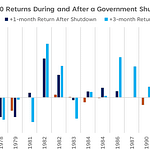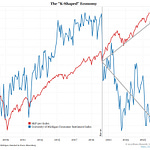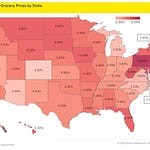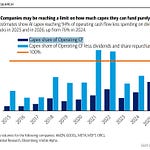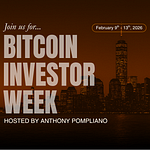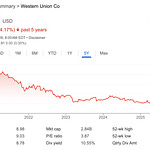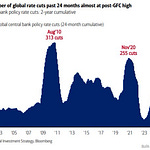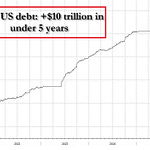Note: You all should have received my latest book summary (Excellent Advice for Living by Kevin Kelly) in your inbox this morning. It is under our new book brand — The Bookrat. If you don’t see it, please go to your spam folder and move it to your inbox. You can also reply to the email to solve the problem for the future too. Enjoy!
To investors,
British lawmakers from the U.K. Treasury Select Committee published a report yesterday claiming that bitcoin and cryptocurrencies have no intrinsic value. The report also claims that these tokens are similar to gambling and should be regulated in a similar manner.
There are a number of problems with this line of thinking.
First, every investment is a gamble. You can make money or you can lose money. This is true in stocks, real estate, bonds, commodities, currencies, and crypto. Investors are professional risk takers. Free markets should be determining the winners and losers. The stock market is a casino with a different name. If one financial asset is gambling, then all financial assets are gambling.
Rather than put cryptocurrencies in the same bucket of entertainment games based on odds, they should be regulated as a tradable asset where people take both sides of a trade. We have rules for securities. We have rules for commodities. We have rules for currencies. Decide which asset each crypto token is and then regulate it accordingly.
The next problem is that the Committee report claims that bitcoin and cryptocurrencies have no intrinsic value. This is a dumb argument. In fact, it is a VERY dumb argument.
Intrinsic value is a concept that humans made up in an attempt to wrap their heads around financial instruments. What is the intrinsic value of a business? If you ask two different people, you can get two different answers. What is the intrinsic value of a barrel of oil today vs a barrel of oil tomorrow? Ask on different days and you’ll get different answers.
Bitcoin and cryptocurrencies obviously have value. The assets are worth trillions of dollars. Hundreds of millions of people around the world, from politicians to investors to businesses to individual citizens, continue to acquire and hold these assets. We may debate what the value of the asset is today, along with the value in the future, but it is crazy to think people can argue these assets have no intrinsic value at all.
So what is their argument on this front? Bitcoin and other crypto assets are not backed by anything.
This argument is incorrect though. It highlights the lack of understanding from the Committee members. Let’s use bitcoin as an example. The decentralized, digital currency is backed by computing power. To put it more directly, bitcoin is backed by the strongest computing network in the world.
This report out of the UK is arguing that the strongest computer network in the world has no value. As I said, this is a VERY dumb argument.
Computing power may be the single most valuable commodity globally in the digital age. Whether you agree with that or not, I don’t know a single serious person who will argue computing power has no intrinsic value.
This brings me to my overarching point — these types of ill-informed, bombastic reports from government agencies are actually having the opposite impact of their intended outcome. When people see the government being so wildly wrong, they lose confidence in the government’s ability to evaluate future technologies.
Most people, especially in countries outside the United States, have learned that their government can’t be trusted to look out for their best interest. When the country bans something, the people become more interested in it. We saw this happen with bitcoin in countries like Nigeria and Pakistan. As soon as the government became openly abrasive to the asset, adoption skyrocketed.
You can call it the Streisand effect. You can call it common sense. Whatever the name, this phenomenon is only going to accelerate in the information age where the internet increases transparency and the speed of information transfer.
My guess is the U.K. Treasury Select Committee report is going to actually serve as a marketing campaign for bitcoin and cryptocurrencies. The mainstream media will write about the report, which drives awareness of these assets. More people adopt them and learn to hold them for the long-term. History will be unkind to people who publish these reports, but more importantly — these reports serve as one of the greatest marketing opportunities for digital assets.
We should thank those who have the courage to publish such ridiculous work.
Hope you all have a great day. I’ll talk to everyone tomorrow.
-Pomp
Note: You all should have received my latest book summary (Excellent Advice for Living by Kevin Kelly) in your inbox this morning. It is under our new book brand — The Bookrat. If you don’t see it, please go to your spam folder and move it to your inbox. You can also reply to the email to solve the problem for the future too. Enjoy!
You are receiving The Pomp Letter because you either signed up or you attended one of the events that I spoke at. Feel free to unsubscribe if you aren’t finding this valuable. Nothing in this email is intended to serve as financial advice. Do your own research.



